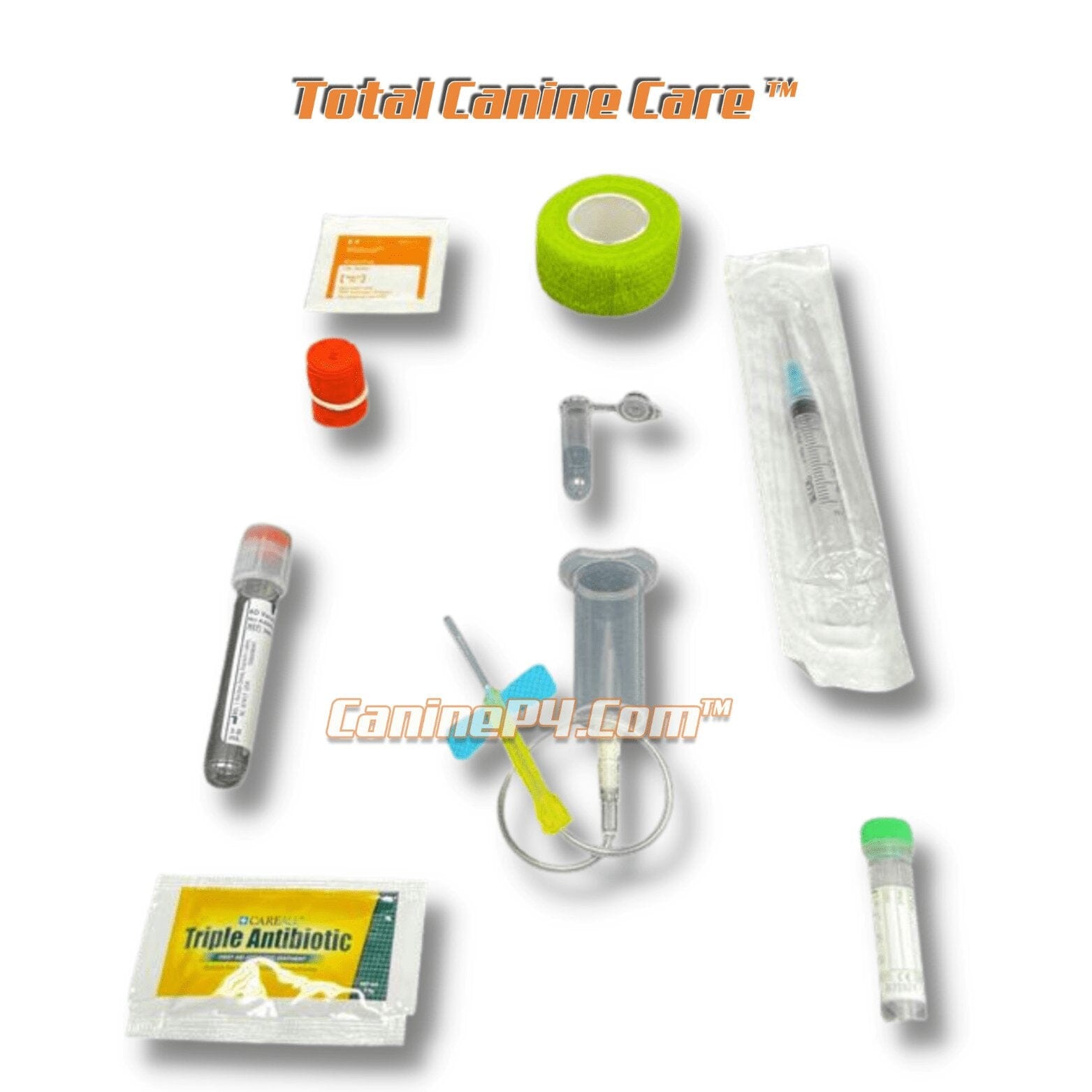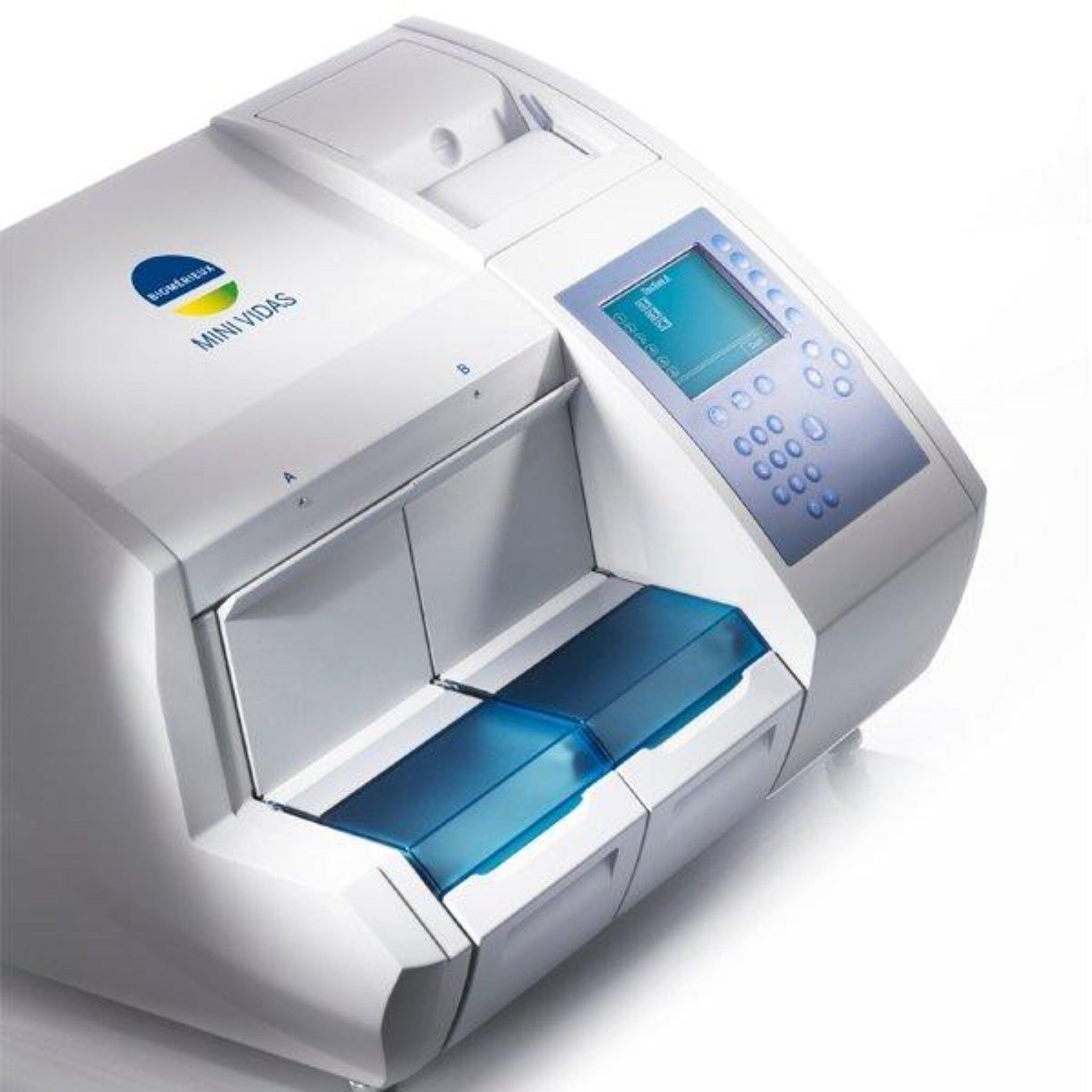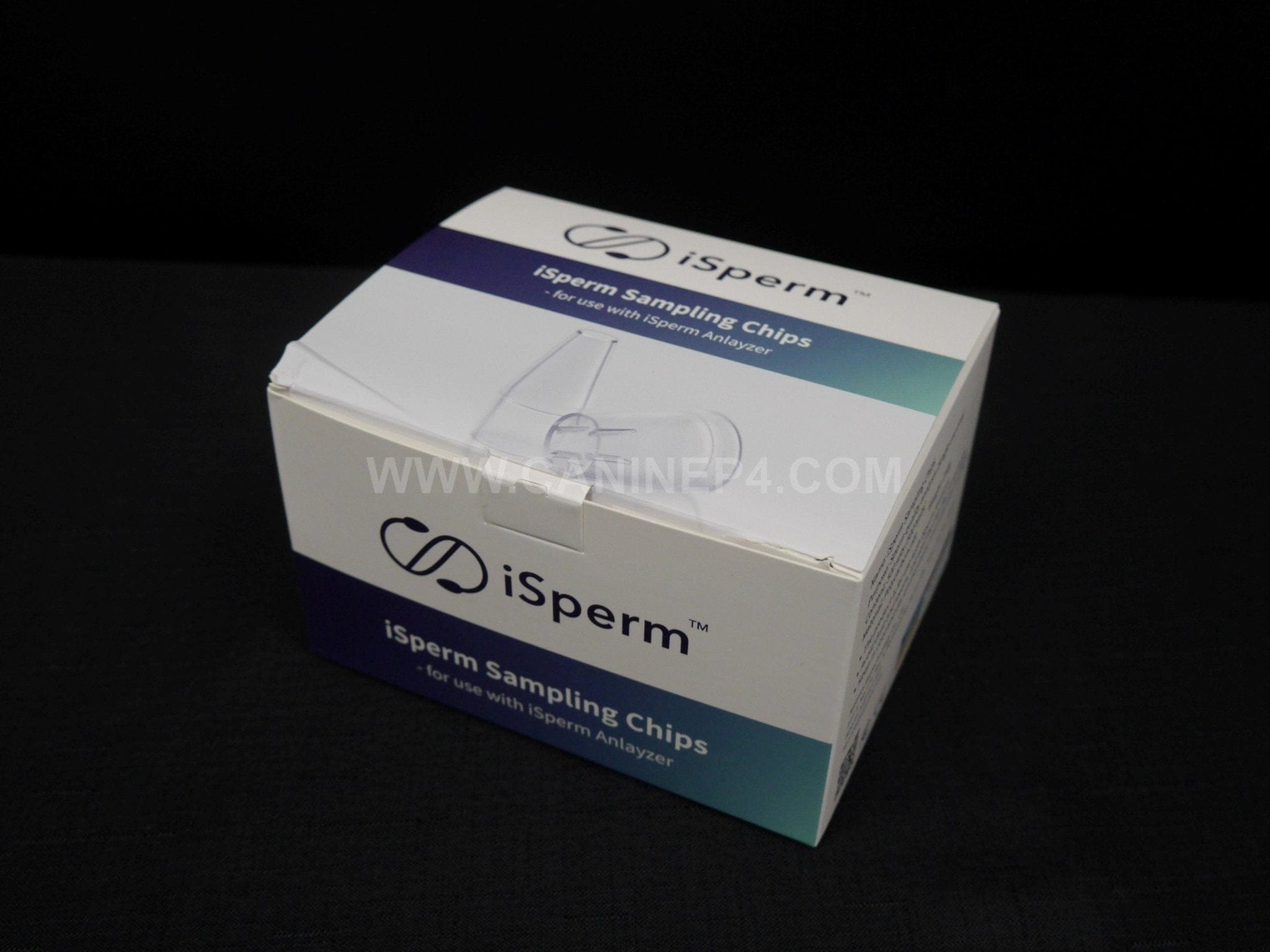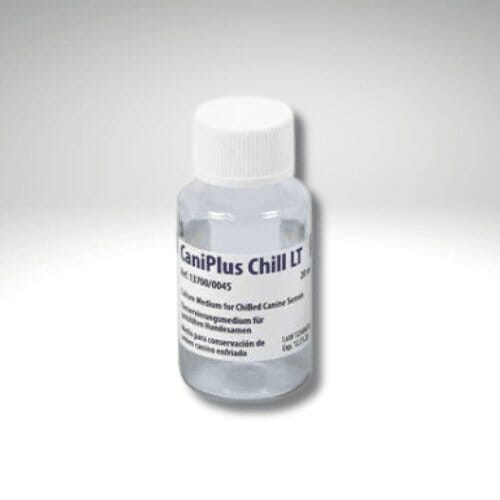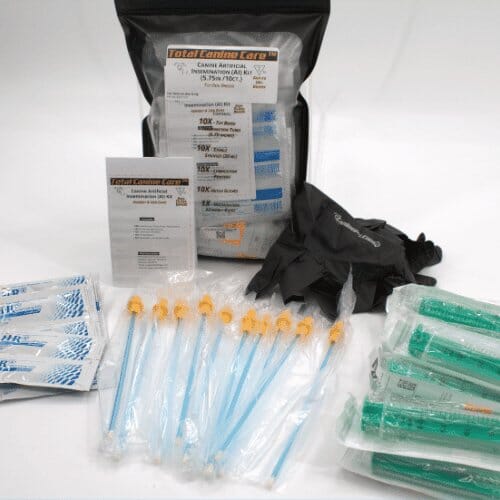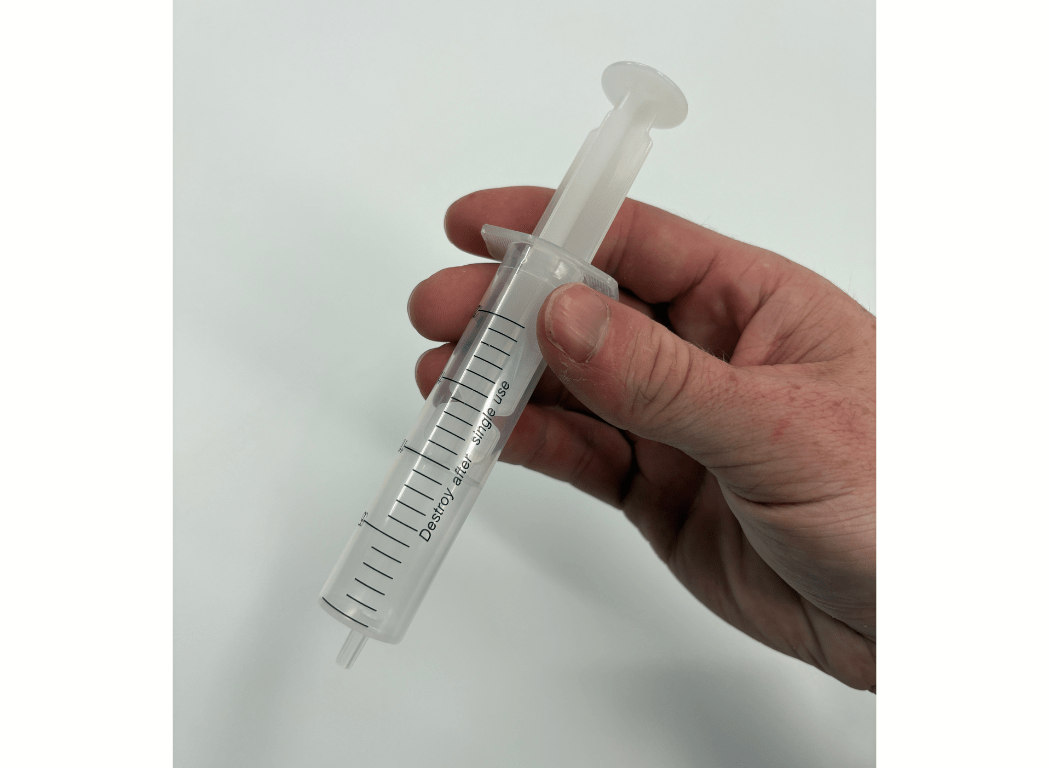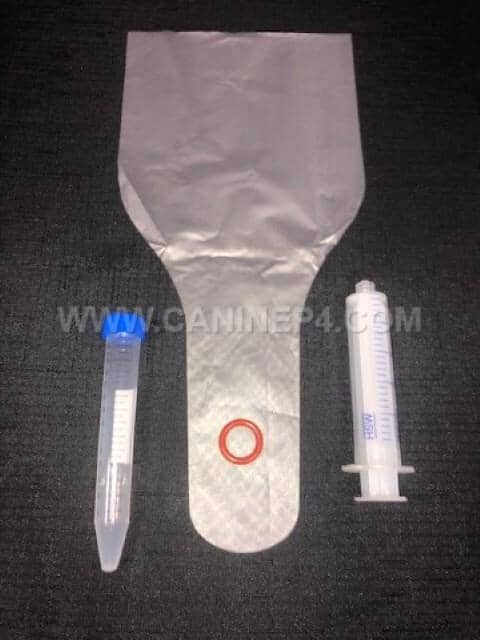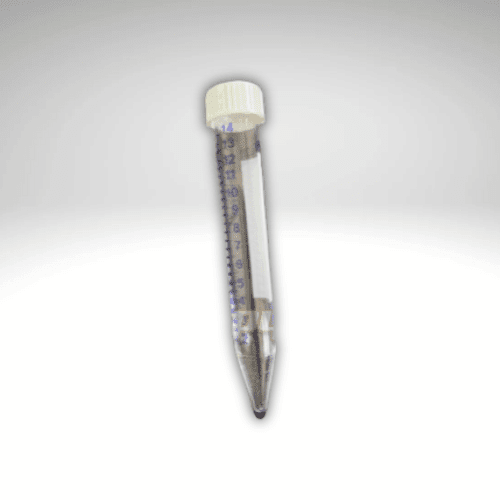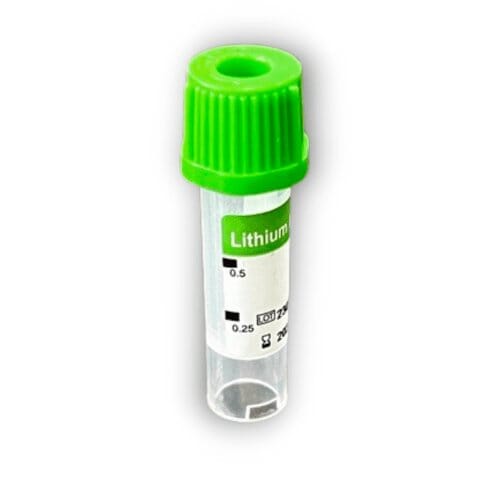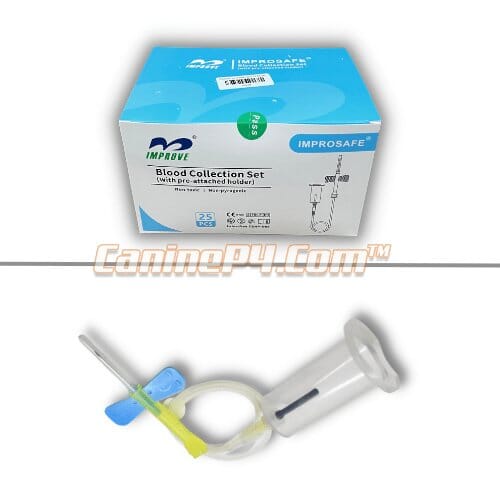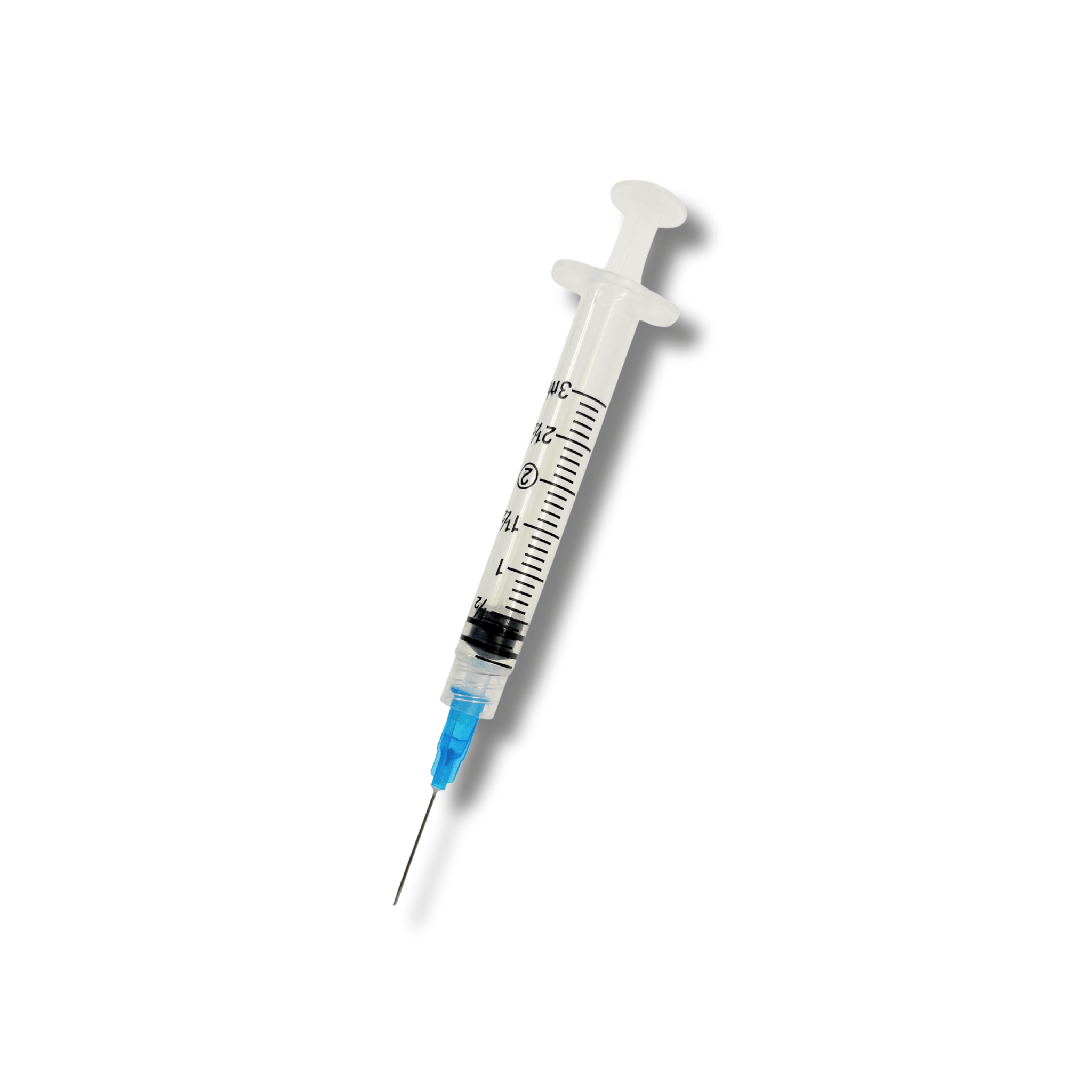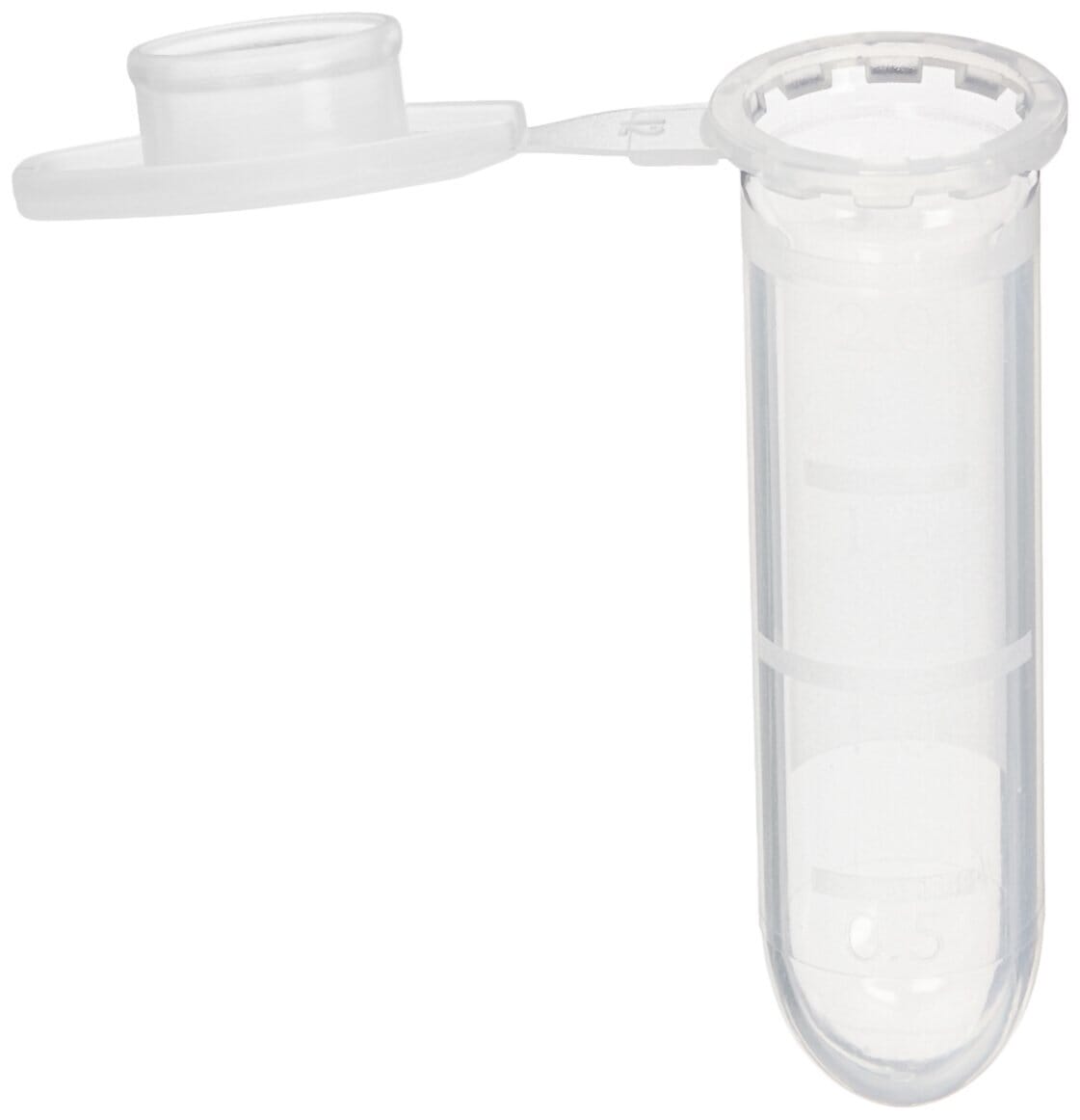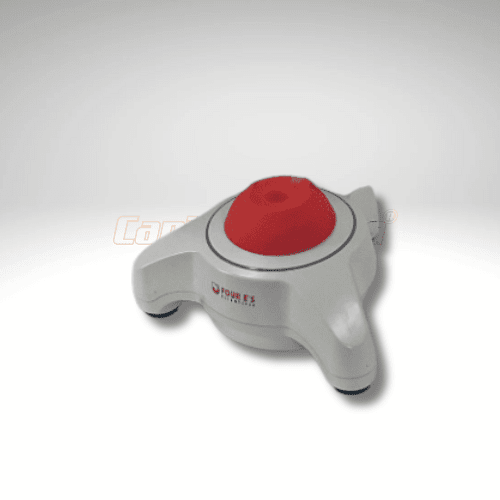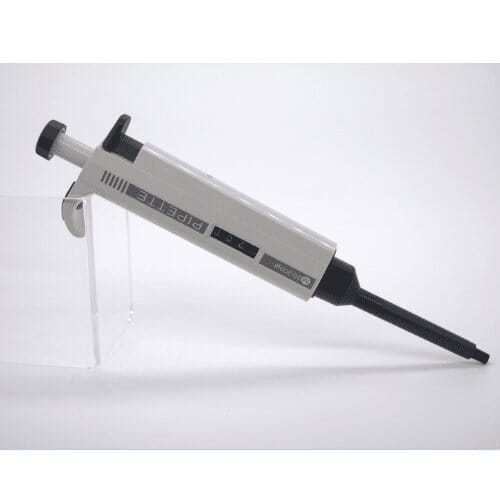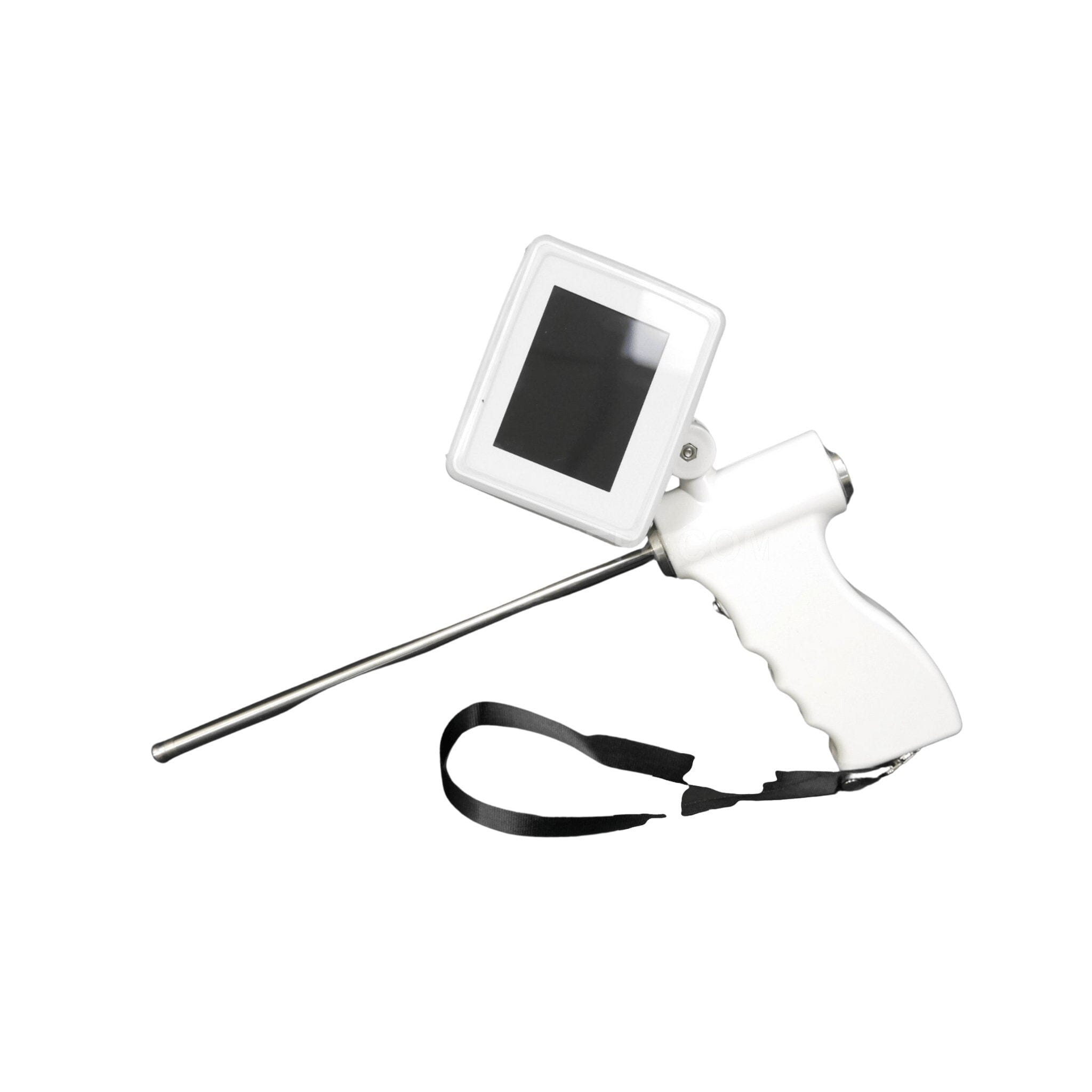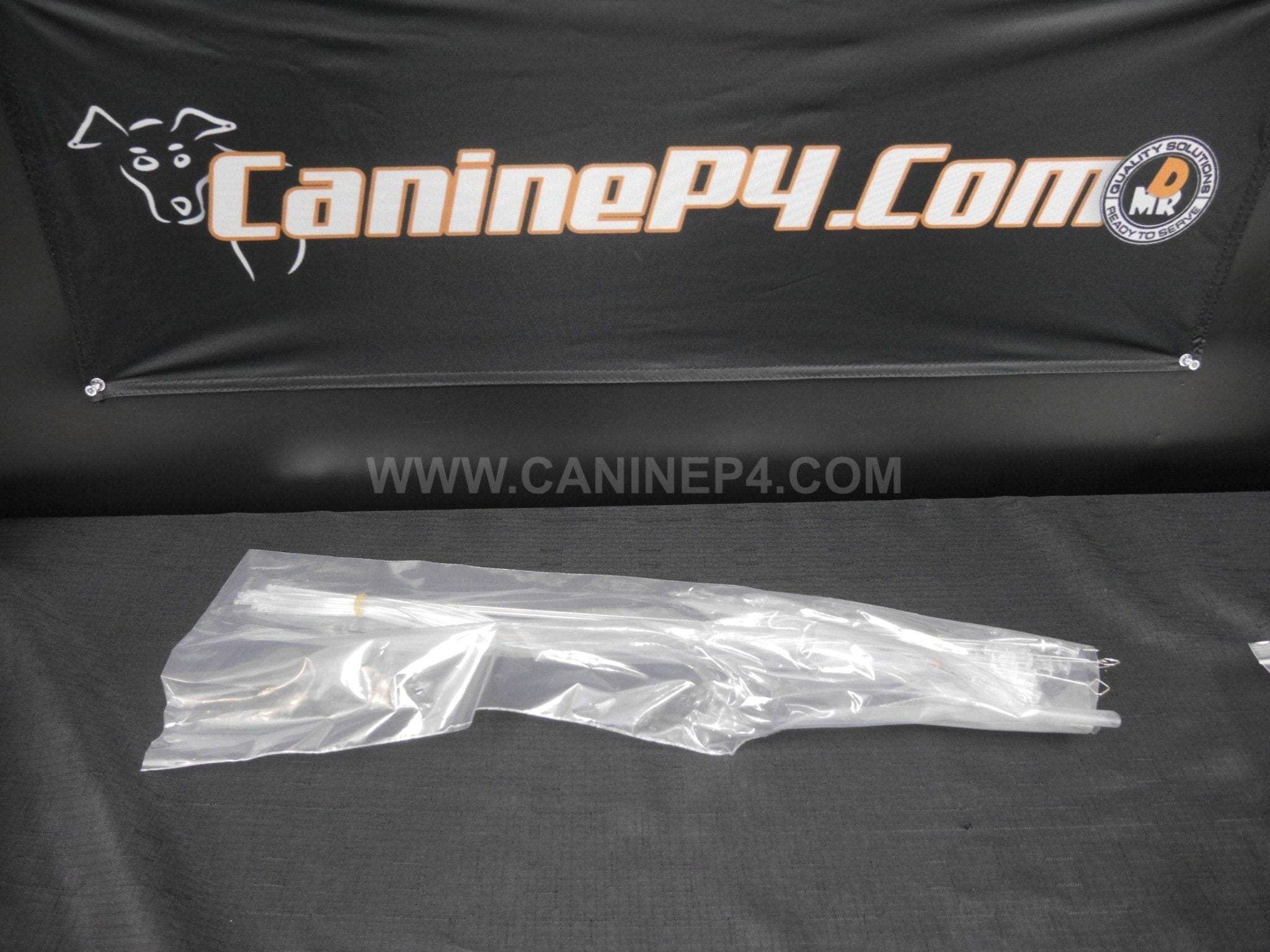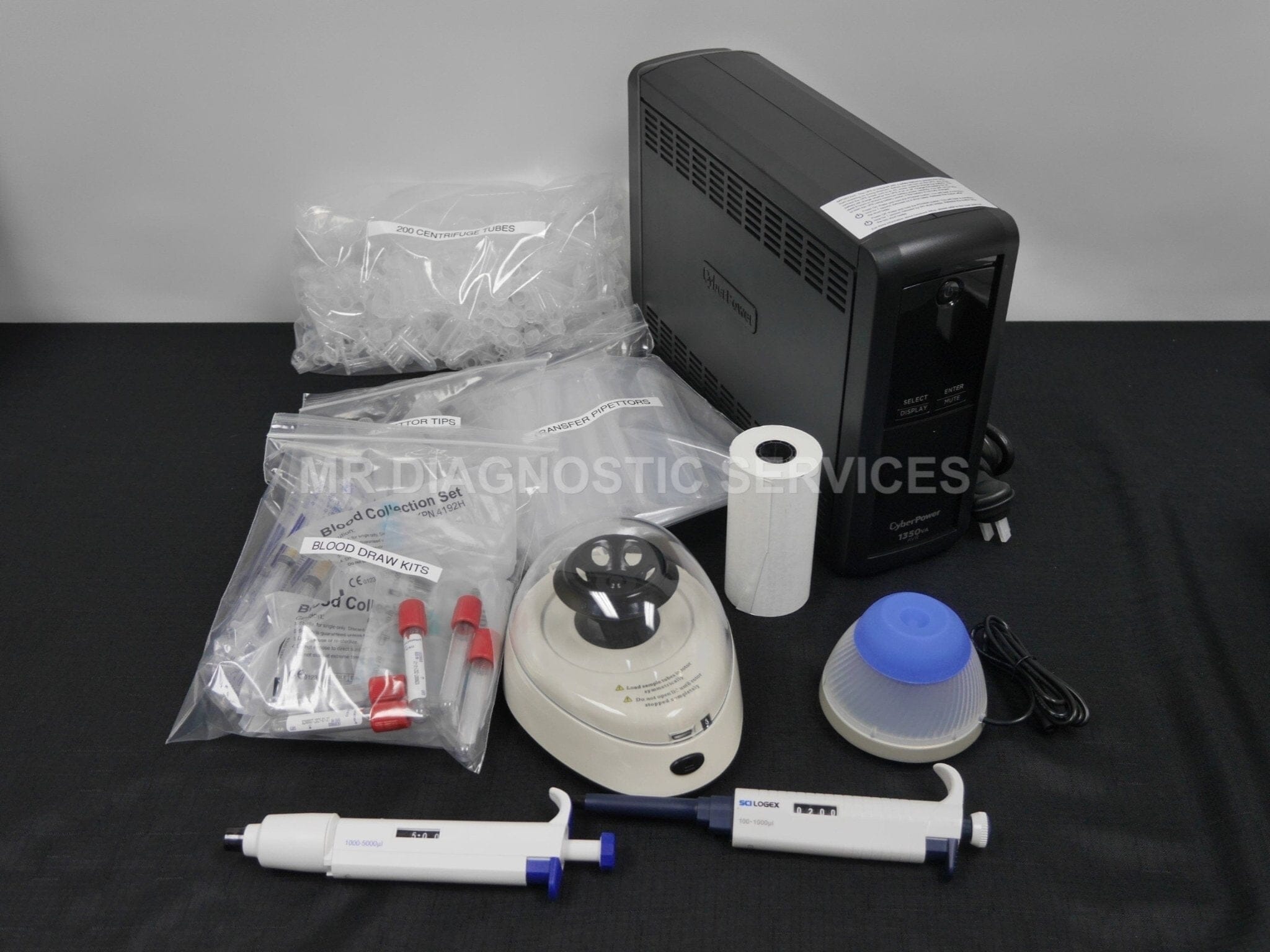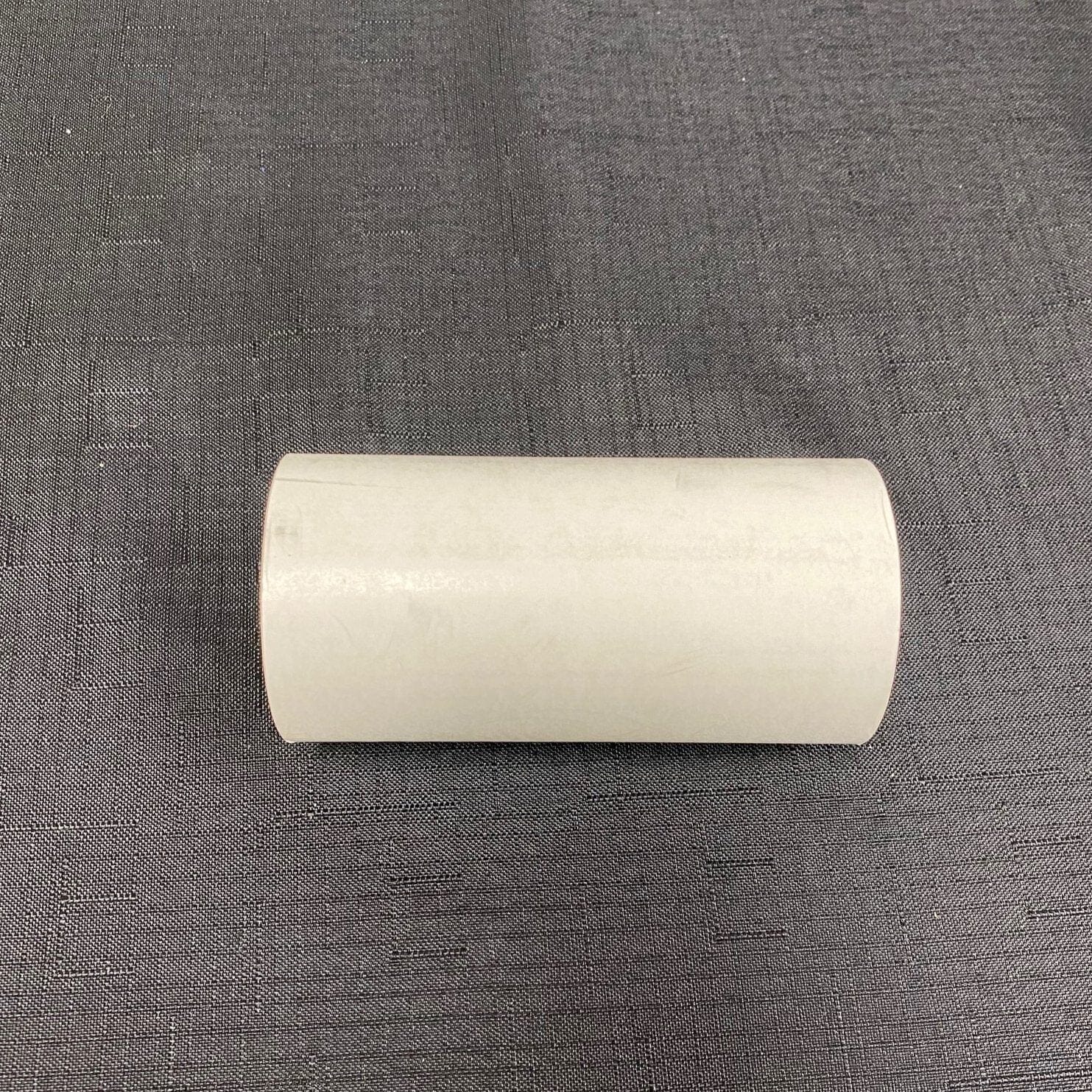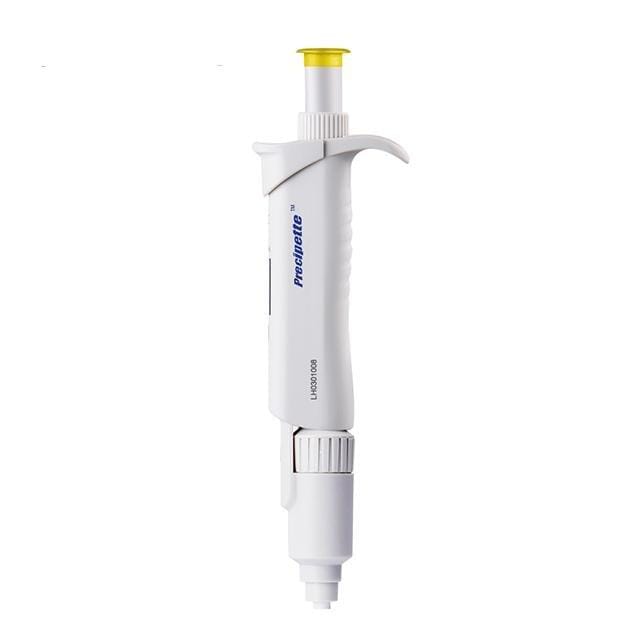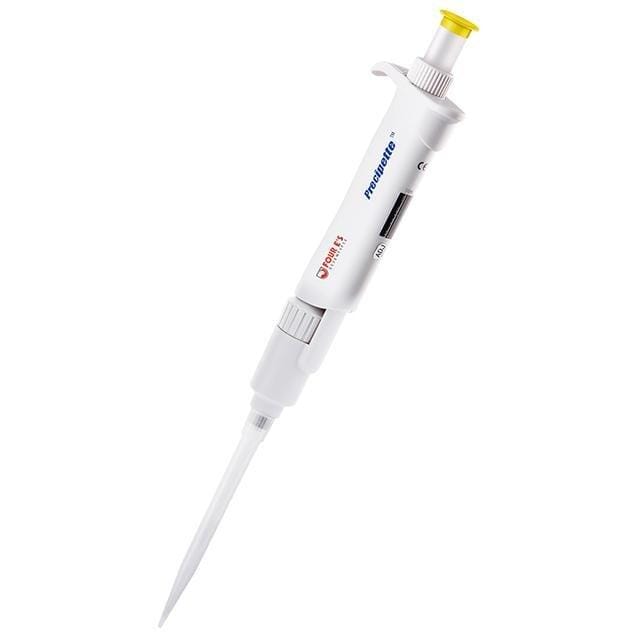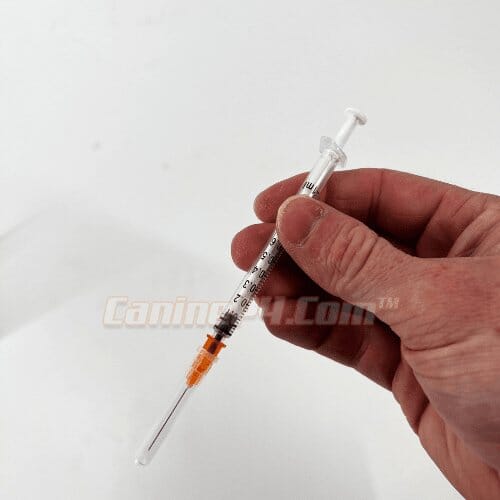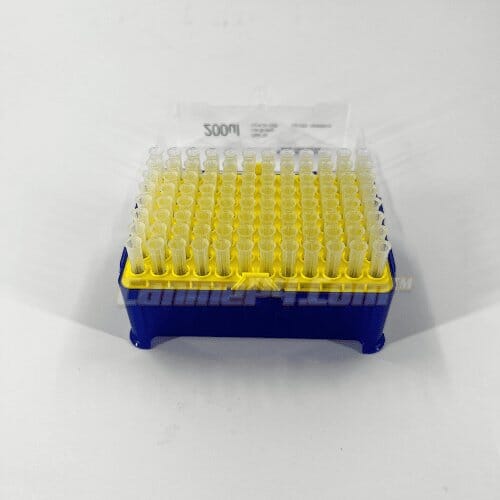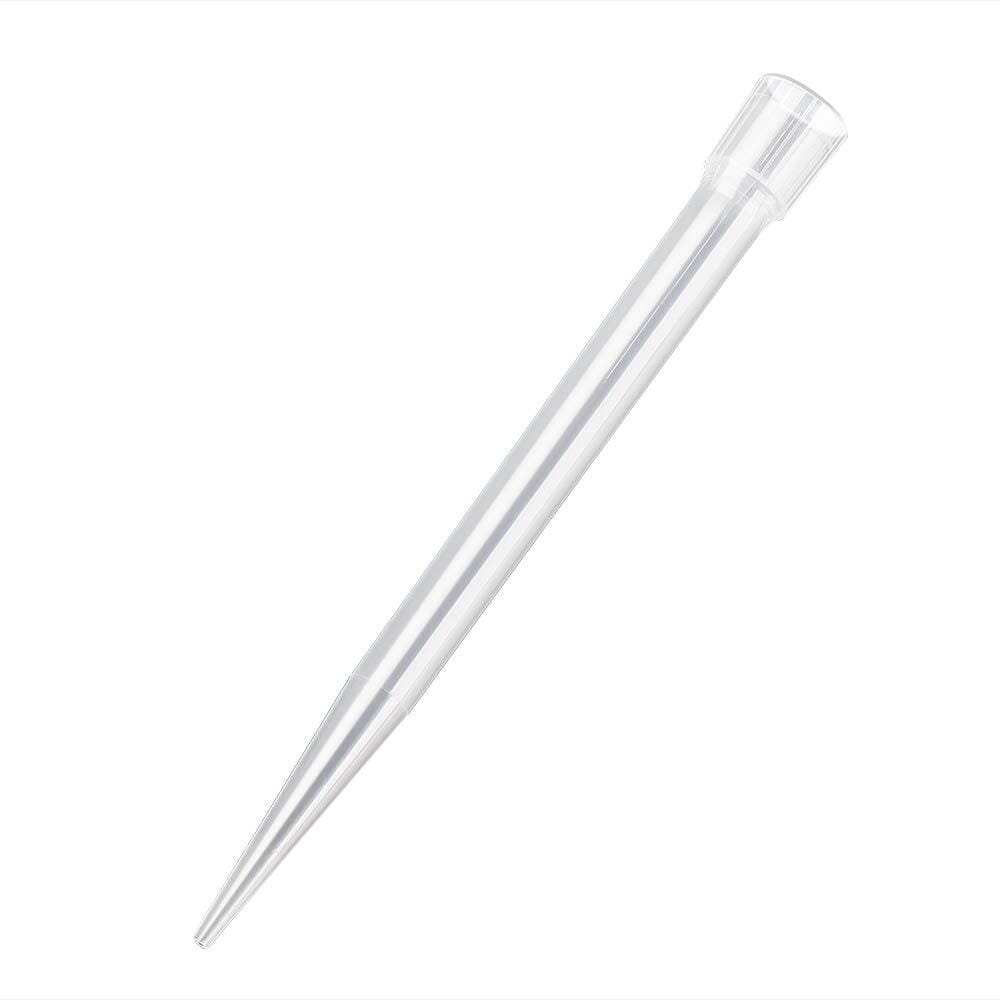Menu
Dog Heartworm Test At Home! Can You Test In-House?
What Is Heartworm In Dogs? Dog Heartworm Test At Home? Yes!
Heartworm in dogs is caused by a parasitic worm known as Dirofilaria immitis. This worm is transmitted through the bite of infected mosquitoes. Once inside the dog's body, the worm larvae migrate to the heart and lungs, where they mature into adult worms and reproduce.
The life cycle of heartworm begins when an infected mosquito bites a dog and injects the microscopic larvae into its bloodstream. These larvae then develop over several weeks, migrating through the skin and tissues until they reach the heart and pulmonary arteries. Here, they grow into adult worms, which can measure up to a foot in length. As the adult worms take up residence in the dog's heart and lungs, they cause a variety of health problems. They can obstruct blood flow, leading to heart and lung damage, and impair the dog's ability to breathe properly. If left untreated, heartworm disease can be debilitating and even fatal.
Preventing heartworm in dogs is crucial, as treatment can be costly and pose risks to the dog's health. Veterinary experts recommend regular administration of preventive medications, which are highly effective at killing any larvae present in the dog's system before they can mature. It's important to follow the prescribed dosage and maintain a consistent preventive schedule to ensure maximum protection against heartworm.
Regular testing with in-house testing kits is also essential, as heartworm infections may not show symptoms until the disease has progressed. Early diagnosis allows for prompt treatment and a greater chance of successful recovery. Additionally, reducing the presence of mosquitoes in the dog's environment, such as by eliminating standing water or using mosquito repellents, can help minimize the risk of transmission.
In summary, heartworm in dogs is caused by the transmission of a parasitic worm through infected mosquito bites. Preventive measures, including administration of preventive medications and regular testing, are crucial for safeguarding dogs against this potentially life-threatening disease.
New! Bionote Heartworm Rapid Tests! Fast, Easy, And A Great Value!
What Are The Safety Concerns For Dogs That Have Heartworm?
Heartworm disease can pose significant safety concerns for dogs affected by this condition. It is essential for dog owners and caregivers to be aware of these potential risks to ensure their beloved pets receive the necessary care and precautions. Here are the safety concerns associated with heartworm disease in dogs:
1. Physical Distress: Dogs with heartworm disease can experience physical distress due to the damage caused by the presence of adult heartworms in their heart, lungs, and blood vessels. This distress can manifest as coughing, difficulty breathing, fatigue, and exercise intolerance.
2. Heart and Lung Damage: Heartworms can cause severe damage to a dog's heart and lungs. This can lead to heart failure, impaired blood circulation, and even death if left untreated. The safety concern here lies in the potential complications and long-term health effects associated with such damage.
3. Exercise Limitation: Dogs with heartworm disease are often advised to limit their physical activity. Engaging in strenuous exercise or overexertion can further compromise their cardiovascular system, potentially leading to fainting or collapse. Restricting exercise is crucial for their safety and well-being.
4. Allergic Reactions: As heartworms die off during treatment, they release various substances into the bloodstream. This can trigger allergic reactions in some dogs, causing symptoms such as fever, hives, vomiting, or swelling. Prompt veterinary attention may be necessary to address these reactions and ensure the dog's safety.
5. Treatment Side Effects: The treatment for heartworm disease involves the administration of medications to kill the adult worms. While these medications are necessary, they can sometimes cause adverse side effects. These may include gastrointestinal upset, liver and kidney problems, or neurological issues. Monitoring the dog's health during treatment is imperative for their safety.
6. Vector Control: To prevent the spread of heartworm disease, it is essential to control the mosquito population in the dog's environment. Mosquitoes are the primary carriers of the heartworm larvae and transmit them when they bite. Using appropriate mosquito control measures, such as repellents and environmental management, is crucial to reduce the risk of infection and ensure the dog's safety.
7. Spread of Infection: Dogs with heartworm disease can act as reservoirs for the transmission of heartworm infection to other dogs in the vicinity. It is vital to prevent the dog from being bitten by mosquitoes and to isolate them from other dogs, especially during peak mosquito season. This helps minimize the risk of spreading the disease to other canines.
8. Regular Monitoring: Dogs undergoing heartworm treatment require regular veterinary check-ups and diagnostic tests to evaluate their progress, assess the effectiveness of treatment, and ensure their safety. Monitoring their response to treatment is crucial for a successful outcome and minimizing potential risks.
By understanding and addressing the safety concerns associated with heartworm disease, dog owners and caregivers can provide their furry friends with the appropriate care, support, and protection they need. Timely veterinary intervention, adherence to treatment protocols, and preventive
What Are Symptoms For Dogs that have Heartworm?
The symptoms of heartworm in dogs can vary depending on the severity of the infection and the stage of the disease. Common symptoms that may indicate the presence of heartworms in dogs include:
1. Coughing: Dogs infected with heartworms often develop a persistent cough. This cough can be dry or may produce a cough with blood.
2. Difficulty breathing: As the heartworm infection progresses, it can lead to respiratory distress and difficulty in breathing. Dogs may become more lethargic and have a decreased tolerance for exercise.
3. Fatigue and weakness: Heartworm infection can cause dogs to experience fatigue and weakness even with minimal physical activity. The parasites disrupt the normal functioning of the heart and lungs, leading to decreased stamina.
4. Weight loss: Dogs with heartworm disease may experience weight loss despite having a normal or increased appetite. The infection can interfere with the digestion and absorption of nutrients, resulting in gradual weight loss.
5. Loss of appetite: Heartworm-infected dogs may display a decreased interest in eating and may lose their appetite. This can, in turn, contribute to weight loss and a decline in overall health.
6. Swollen abdomen: In severe cases, dogs may develop ascites, which is the accumulation of fluid in the abdomen. This can cause abdominal distention and discomfort.
7. Exercise intolerance: Dogs with heartworm disease may show an increased reluctance to exercise or play. They may tire easily or exhibit signs of fatigue even with light physical activity.
8. Fainting or collapse: In advanced stages of heartworm disease, dogs may experience fainting spells or sudden collapses. This is due to the strain on the heart and the reduced oxygen supply to the body.
9. Pale gums: Heartworm infection can lead to anemia, which can be observed through pale gums. Anemic dogs may have a decreased number of red blood cells, resulting in paleness of the gums and mucous membranes.
10. Abnormal heart sounds: A veterinarian may detect abnormal heart sounds, such as a heart murmur or irregular rhythm, during a physical examination of a heartworm-infected dog. It is important to note that not all dogs infected with heartworms will display noticeable symptoms. Regular heartworm testing and preventive measures are crucial in maintaining the health and well-being of our canine companions.
What Are The Treatment Options For Heartworm In Dogs?
Heartworm is a serious and potentially life-threatening condition that affects dogs. When it comes to the treatment of heartworm, there are several options available to effectively combat this infestation. It is crucial to address this issue promptly to ensure the best chance of success in treating heartworm in dogs. Here are the primary treatment options to consider:
1. Medications:
Veterinarians often prescribe medications to kill adult heartworms in dogs. These medications typically contain an active ingredient known as melarsomine dihydrochloride. This substance directly targets the adult heartworms, effectively eliminating them from the dog's body.
2. Antibiotics:
Along with medication to kill adult heartworms, antibiotics are also commonly administered. This helps to prevent complications and infection that may arise from the dying parasites.
3. Anti-inflammatory drugs:
Dogs suffering from heartworm infestation often experience inflammation and damage to the lungs and blood vessels. Anti-inflammatory drugs are prescribed to alleviate these symptoms and aid in the faster recovery of the dog.
4. Rest and restricted exercise:
During the treatment process, it is essential to restrict the dog's physical activity to prevent complications. Resting allows the dog's body to heal and recover, while reducing the risk of further damage to the heart and lungs.
5. Follow-up testing:
Regular follow-up testing is imperative to ensure the effectiveness of the treatment and to monitor the dog's progress. Blood tests are conducted to detect the presence of heartworms and assess the overall health of the dog.
6. Preventive measures: After successful treatment, it is crucial to implement preventive measures to avoid future heartworm infestations. Monthly heartworm preventive medications can be prescribed by your veterinarian to safeguard your dog's health. Remember, the treatment of heartworm in dogs should always be carried out under the guidance of a veterinarian. They will assess the severity of the infestation and tailor a treatment plan specific to your dog's needs. By promptly addressing heartworm and following the prescribed treatment, you can ensure a positive outcome and the well-being of your beloved canine companion.
Check Out These Top Listings For Additional Info On Heartworm.
Looking for dog breeding supplies? Check out our ever-growing array of products Here
Breeders Tech Center In Neenah Wisconsin. Home for CanineP4! It's Where It All Happens!
844-673-7378 Call For Appointment.
All major credit cards accepted including Paypal.
- Choosing a selection results in a full page refresh.



